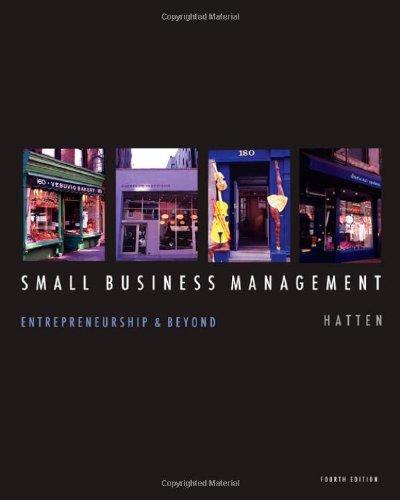Imagine that you have developed a unique formula for a soft drink that, upon entering a persons
Question:
Imagine that you have developed a unique formula for a soft drink that, upon entering a person’s mouth, analyzes the drinker’s DNA to determine his favorite flavor, and then the drink instantly realigns its chemical composition to become that flavor. Write a two-page paper describing how you can best protect this trade secret. Will you patent it? Why or why not?
The stories of companies like KFC, Coca-Cola, and McDonald’s guarding their recipes for batter, syrup, and hamburger sauce are legendary. Triple-locked safes, binding contractual agreements, spies, and counterspies are all involved. A company’s trade secrets are worth significant (sometimes staggering)
amounts of money. Like any good secret, they are known to only a handful of people.
Many assets, such as chemical formulas, or specific designs are protected by patents. In exchange for the legal protection afforded by a patent, the patent holder must surrender the leverage of secrecy.
That’s because part of the patent-application process involves a full explanation of the process or product. The PTO publishes all patent applications within 18 months of their filing. Protecting a trade secret is complicated by the fact that, unlike patents, copyrights, and trademarks, trade secrets do not fall under federal jurisdiction.
Step by Step Answer:

Small Business Management Entrepreneurship And Beyond
ISBN: 9780618999361
4th Edition
Authors: Timothy S. Hatten





